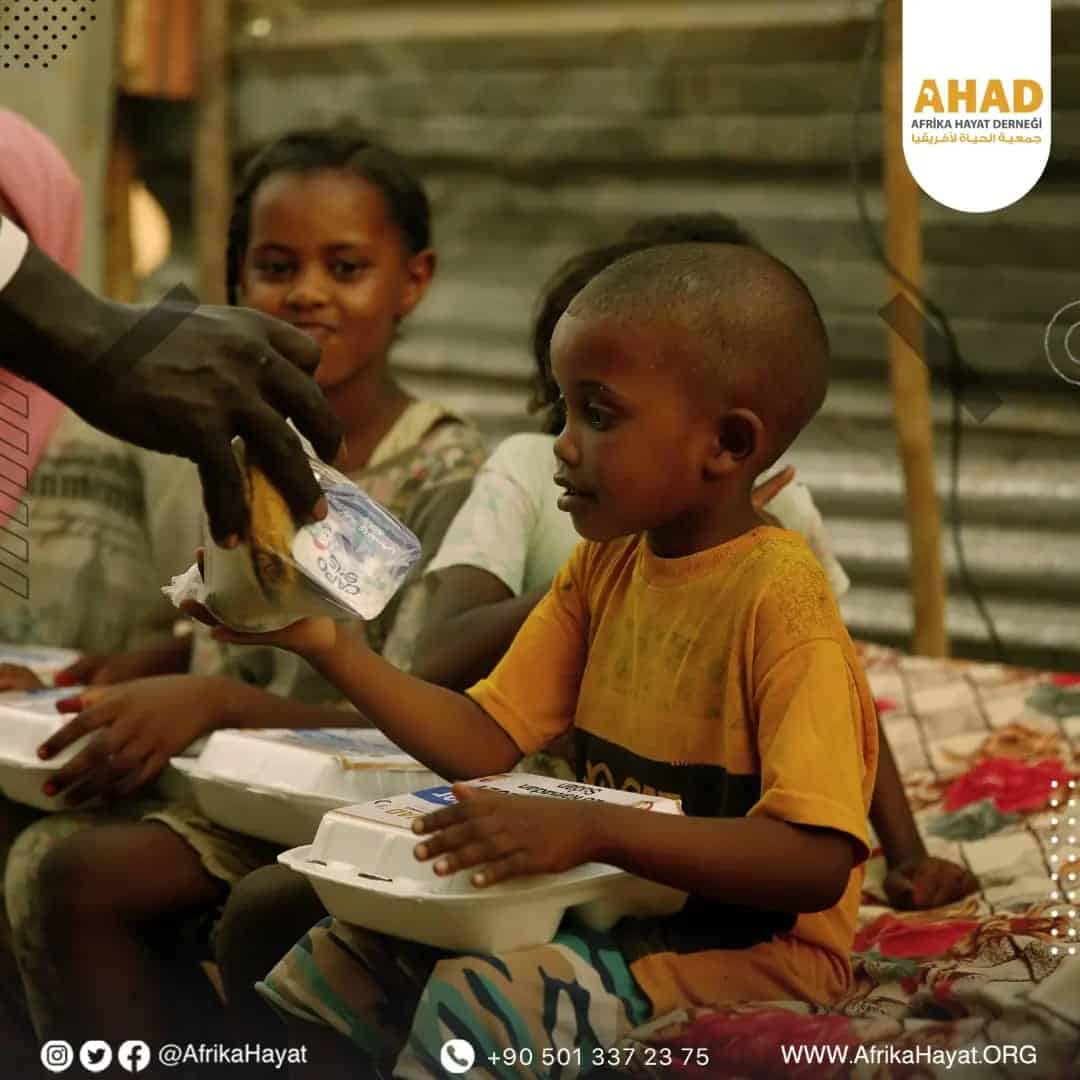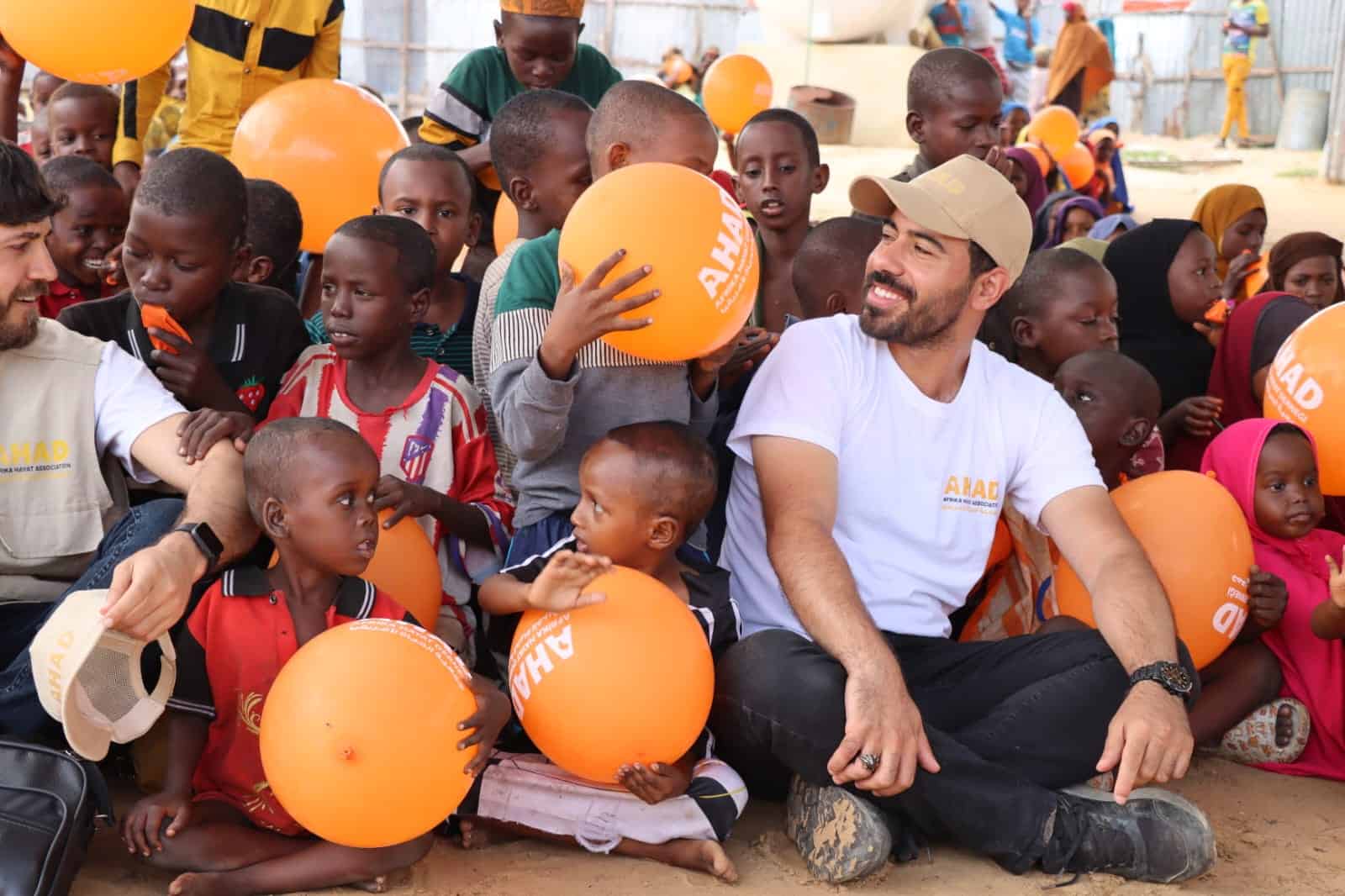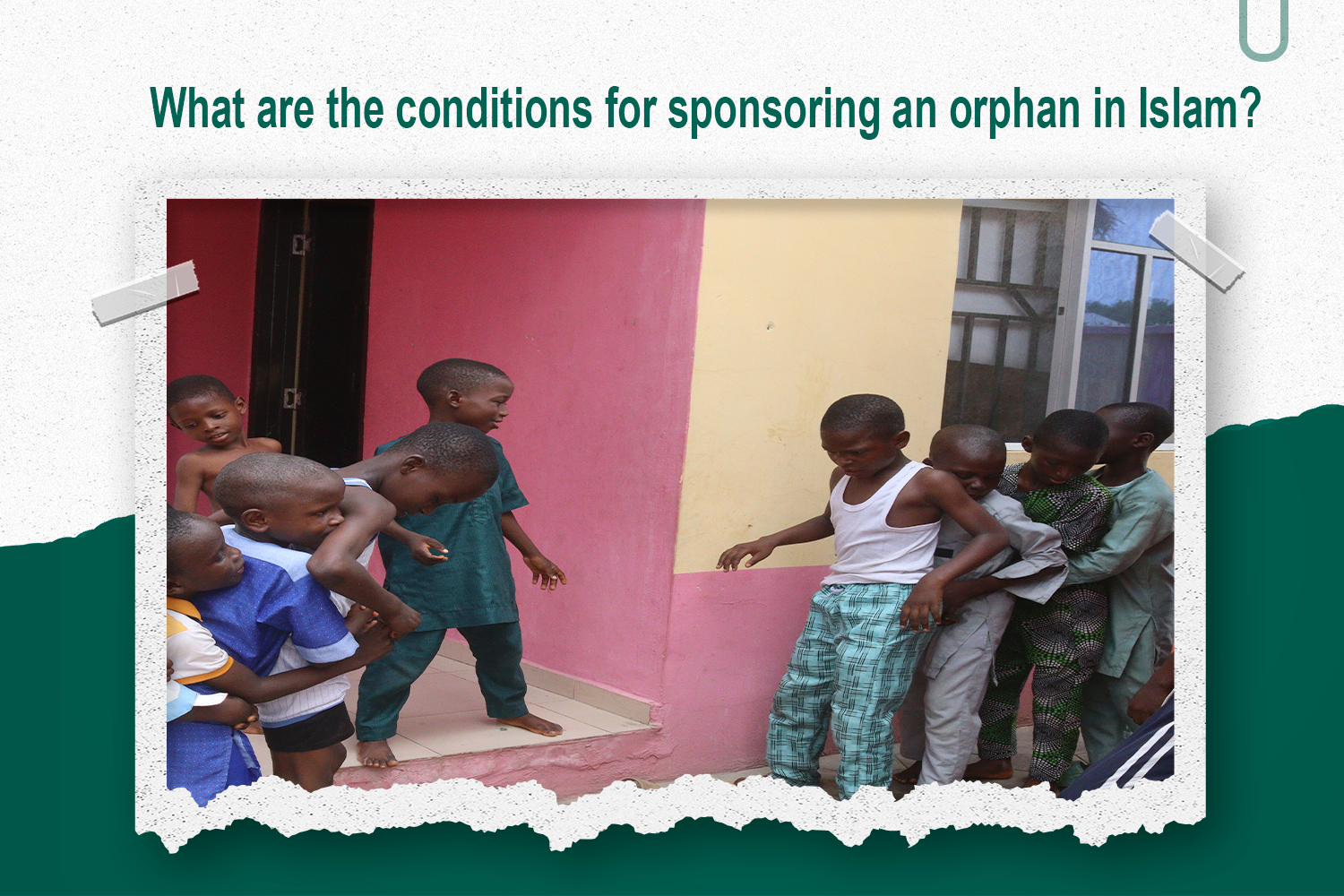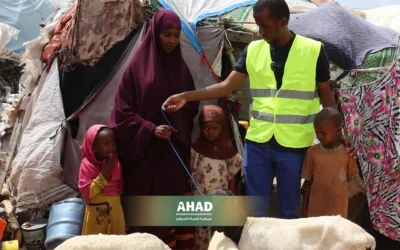What are the conditions for ensuring orphans in Islam
Orphans in Islam ensure the dimensions of care and responsibility
In Islam, the orphan guarantees not only material maintenance, but also other fundamental dimensions, including his comprehensive upbringing and care, including care for his aspects of life and meeting his psychosocial needs. An orphan is treated in Islam as a family member and must be treated with charity and care by Muslims, which reflects the importance of education and care when it comes to the care of an orphan.
The orphan may be able to obtain inheritance from his deceased relatives, so his sponsorship is not only financial assistance, but also psychological and emotional support, ensuring that his needs and needs are met so that he can assume his responsibilities alone. Therefore, donations of zakat and honesty to orphanages come mainly under the category of handouts, aiming to meet the needs of the poor and the needy in general, not just to care for orphans.
Shows a talk about Prophet Muhammad (PBUH)
“The best house for Muslims is an orphan, and a house in Muslims is an orphan,” he said. He pointed his fingers, meaning index and middle.
Which suggests that an orphan’s home is one of the best, the importance of providing a supportive and loving environment for orphans. The guarantee is manifested in the provision of a stable and warm home in which the orphan lives with love and care, and this can only be achieved through direct sponsorship within the foster home.
A Quranic explanation shows that the meaning of ensuring orphans is not only to spend on it, but also to include comprehensive care and inclusion in a supportive environment, as stated by God Almighty in the Holy Koran of Mary, which indicates that Zakaria took the house of Mary and cared for it within his warrior, which shows that bail means attention and annexation in addition to alimpartiality.
Thus, it is clear that ensuring orphans in Islam goes beyond mere financial expenditure, to education, comprehensive care and psychological support, making it a social and religious responsibility that requires concerted efforts to achieve it in its entirety.

Orphans in Islam ensure the dimensions of care and responsibility
In Islam, the orphan guarantees not only material maintenance, but also other fundamental dimensions, including his comprehensive upbringing and care, including care for his aspects of life and meeting his psychosocial needs. An orphan is treated in Islam as a family member and must be treated with charity and care by Muslims, which reflects the importance of education and care when it comes to the care of an orphan.
The orphan may be able to obtain inheritance from his deceased relatives, so his sponsorship is not only financial assistance, but also psychological and emotional support, ensuring that his needs and needs are met so that he can assume his responsibilities alone. Therefore, donations of zakat and honesty to orphanages come mainly under the category of handouts, aiming to meet the needs of the poor and the needy in general, not just to care for orphans.
A talk about Prophet Muhammad (PBUH), which suggests that an orphan’s home is one of the best, shows the importance of providing a supportive and loving environment for orphans. The guarantee is manifested in the provision of a stable and warm home in which the orphan lives with love and care, and this can only be achieved through direct sponsorship within the foster home.
A Quranic explanation shows that the meaning of ensuring orphans is not only to spend on it, but also to include comprehensive care and inclusion in a supportive environment, as stated by God Almighty in the Holy Koran of Mary, which indicates that Zakaria took the house of Mary and cared for it within his warrior, which shows that bail means attention and annexation in addition to alimpartiality.
Thus, it is clear that ensuring orphans in Islam goes beyond mere financial expenditure, to education, comprehensive care and psychological support, making it a social and religious responsibility that requires concerted efforts to achieve it in its entirety.
Conditions and responsibilities to ensure orphans in Islam
Ensuring orphans in Islam are subject to several conditions and responsibilities aimed at safeguarding their rights and their proper and legitimate care. These conditions include:
Bail by a living person
Orphans are required to be a living person, taking responsibility for caring for them and securing their basic needs. If an orphan ensures a live person, he or she maintains that bail.
Nutrition with halal money
The orphan guardian must be fed from Halal’s money and avoid no-money, as the orphan’s money must be disposed of only in specific legitimate ways.
Non-descent of a foster
An orphan must not be attributed to his or her foster care, but to his or her foster care at home or elsewhere, and the difference between the adopter and the orphan’s foster must be in proportion and responsibility.
Dream and Puberty
When an orphan reaches dream age, he or she must be separated from the foster women and daughters, and become fully responsible for himself or herself, with his or her disposal restricted by guidance and puberty.
The said conditions are obliged to guarantee the orphan’s rights and care in a manner consistent with the legal provisions and humanitarian laws, reflecting the comprehensive care and shared responsibility towards him in the Islamic community.

Preference and provisions for orphanage in Islam
The guarantee of the orphan is one of the greatest philanthropy in Islam, a worship urged by the Prophet the Prophet Muhammad (may Allah’s peace and blessings be upon him) promised the great and solemn remuneration of the orphan on the Day of the Resurrection.
The guarantee of orphans is a reason for cleansing and cheering money, making it a blessing spent in the faces of goodness, one of the banks of charity and spending in the good as stated in the Holy Quran. In the prophetic talk, the orphan’s bail was favored and it was the wage of the orphan’s guarantor to be close to him in heaven.
In the Prophet’s Biography there are many conversations highlighting the preference of bail orphans, where the Prophet Muhammad (may Allah’s peace and blessings be upon him) described the endeavour to care for the widow and the poor as a struggle for God.
Ensuring an orphan is not only an opportunity to earn pay and reward, it is also a means of achieving happiness and prosperity in the world, where God brings comfort, happiness and success.
Ensuring orphans emerges as a humanitarian and religious duty for Muslims to fulfil, providing an opportunity to come close to God and increase the good and blessing of life.
AHAD Association Pillar of Solidarity and Progress
The values of giving and dedication are manifested in philanthropy, which is a fundamental pillar in building interconnected and solidarity societies. Humanitarian associations, such as AHAD, contribute to promoting social cooperation and well-being for all by providing support and assistance to people in need.
Donating to the poor through the AHAD Humanitarian Association reflects high human values and gives the opportunity to improve the lives of others. AHAD highlights its diverse efforts in the areas of sustainable development, which contributes to improving living conditions and providing opportunities for individuals.
With merit and diligence, AHAD works to make a positive impact on people’s lives and effectively provide the necessary support to those in need. Through its multiple projects, the association seeks to build a more solidarity and progress society.
You can visit the ahad Association website to find out more about the projects it offers
Related articles:
The importance and bounty of the month of Ramadan
Join us in our message by donating







